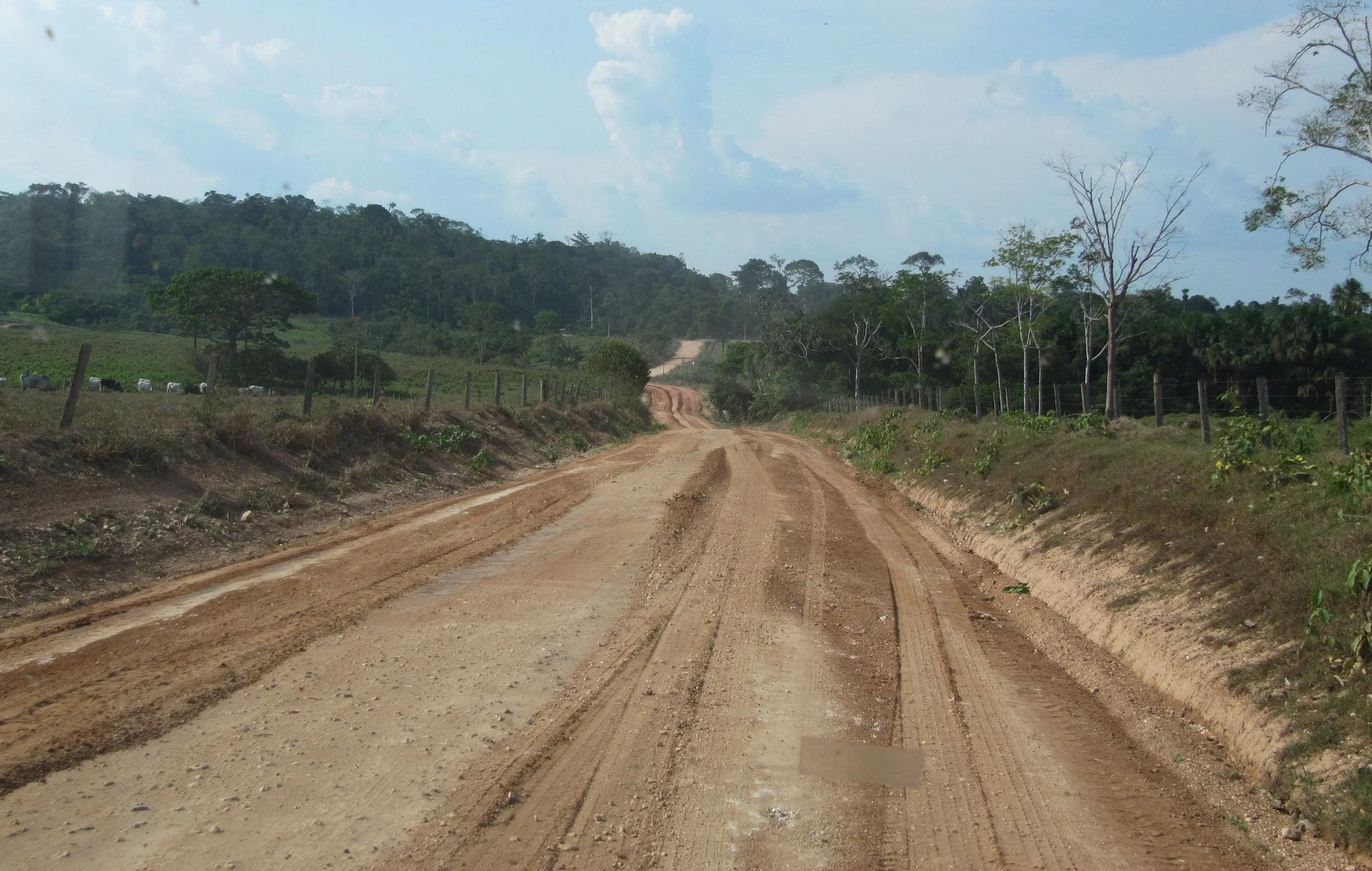
When we know all that we now know, how can it be that we act as we do?
What’s coming up?
Things I’m currently working on.
Please do contact me if you’re thinking on similar lines
-
![]()
Issues with Reporting GHG Emissions from Waste
The UK’s indicator for GHG emissions from waste excludes those from incineration where energy is generated. Why? What changes could be made to improve the indicator’s relevance? Are there other problems here? Is the way inventories are reported to the UN Framework Convention on Climate Change part of the problem?
-
![]()
Addressing the Crises of Climate Change and Plastic Pollution
There’s no point in looking at these two things in isolation. If you do so, then you end up with partial solutions. We’re beyond the point where that serves us well, and so we need a more holistic view. Striving towards ‘a circular economy’ can serve us well, but as long as that hasn’t achieved ‘take-off’, then basic questions around how we design and implement waste collection and sorting systems will need to take centre stage.
-
![]()
Why aren't polluting activities taxed more?
Most economists recognise that in a market economy, allowing pollution to occur without attempting to incorporate, in some way, its negative impacts in prices is inefficient. This likely leads to ‘over-pollution’. This can make taxing of pollution and resource use attractive. How far could this take us in terms of revenue generation in the UK? How could distributional impacts be addressed?
-
What does ‘net-zero’ mean? Is the term helpful?
As countries line up to commit themselves to ‘net-zero’ by year X, how will those making the commitment know when the target has been met? Do we know exactly what the target means? Is the existing approach to reporting emissions, and ‘adding them up’, adequate? If not, what reporting conventions and methods should be used? If what matters most is the change in global temperatures, why focus on ‘net-zero’ as the target?
-
Ought climate science to affect moral judgements?
If it’s clear that we are imperiling people and other species through actions for which we bear some responsibility, what will motivate us to change behaviour? How ought the changing state of climate science to inform our thinking about how to act in a moral way? Can conceptualising what’s right help inform how to drive behavioural and political change? Or does moral philosophy have nothing useful to say in modern discourse on environmental matters?
-
How should we ‘use’ land?
In modifying most of the planet for our own purposes, we’ve transformed what were once habitats for a range of species. There are competing demands for land for different purposes. We can’t pave over the entire world, so how much land, of what type, should be used for what purposes? How will we decide? What are the implications for land ownership?
-
![]()
How should we tackle embodied emissions and energy in construction?
For years, the energy use and associated emissions of new homes once they are built has attracted attention. But in many countries, that’s dwarfed by emissions related to the construction itself. How important are these? How can we reduce them?
Read the Blog
-
![]()
What's the cost of noise to society? Why is policy related to noise so ineffectual?
Noise is all around us. And more and more of the time. Millions of people are negatively affected by noise - from transport, construction, neighbours. So what is the impact on us? And what does existing policy and law do to protect us?







